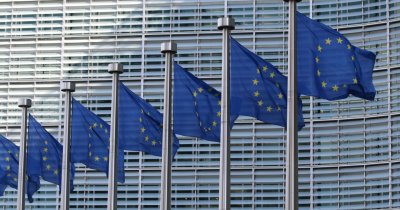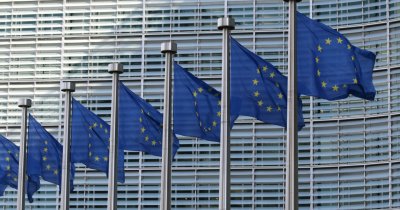ESG Today writes that another benefit of the tool is that it will be able to determine how much SAF the aviation industry will use in relation to the jet fuel consumption habits.
The program was already able to determine that aviation could reduce most of its environmental footprint by using SAF as a fuel substitute, at least in the short term.
Chris Raymond, Chief Sustainability Officer at Boeing, said that "SAF reduces CO2 emissions by up to 85% and possibly more over the fuel’s life cycle, offering the greatest potential to decarbonize aviation over the next 30 years. SAF Dashboard portrays the data visually as our industry works together across sectors to increase SAF production for a more sustainable aerospace future."
 Mihai - Cristian Ioniță
Mihai - Cristian Ioniță












Any thoughts?